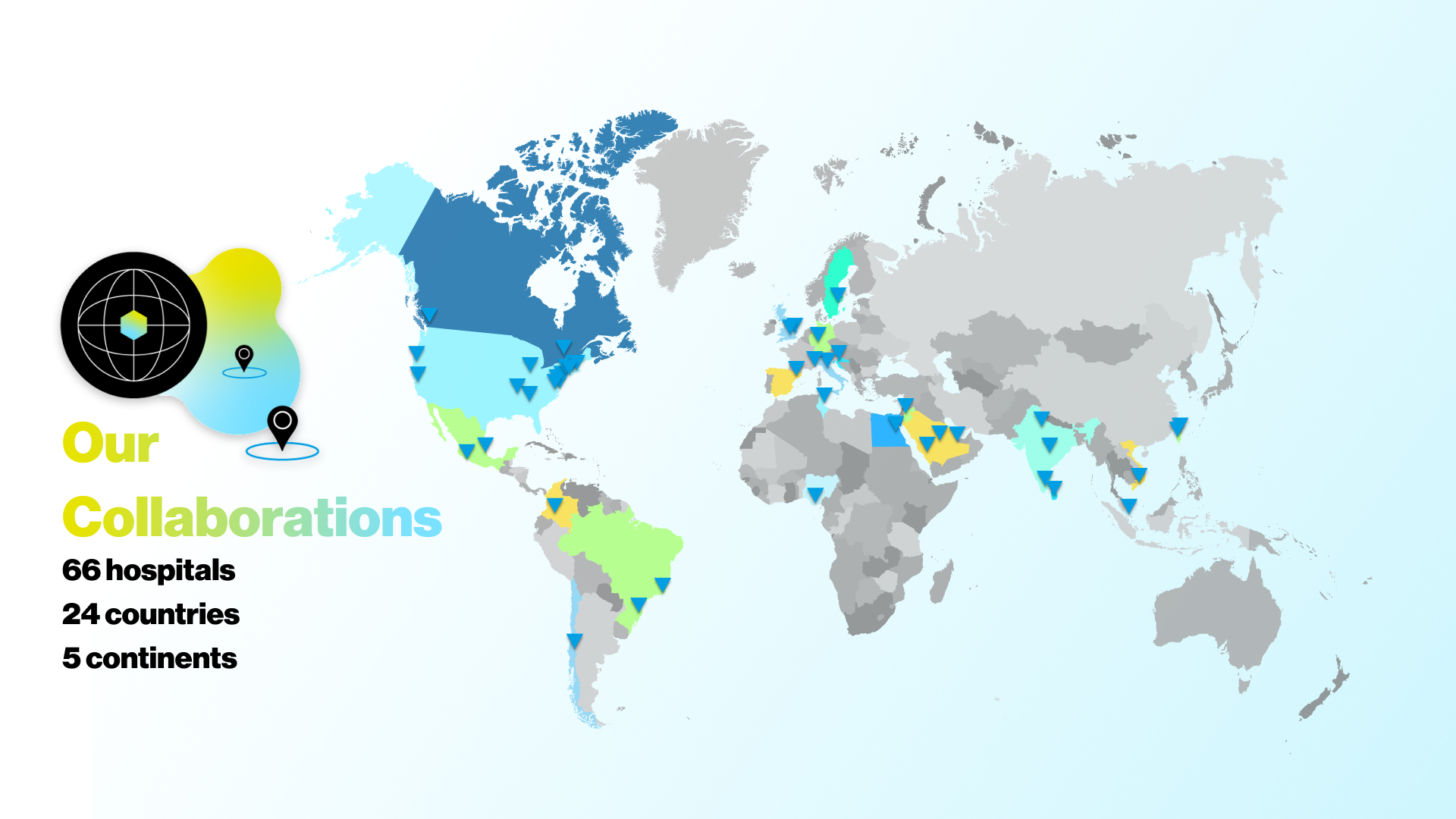Cutting-Edge Breakthroughs in Cancer Research You Should Know About

Feb. 4 is World Cancer Day. According to the International Agency for Research on Cancer (IARC), about 1 in 5 people develop cancer in their lifetime, with approximately 1 in 9 men and 1 in 12 women dying from the disease. Moreover, in a World Health Organization (WHO) survey of 115 countries, only 39 percent of those countries provided adequate funding for basic cancer care.
Of the most common cancers affecting the world today, breast cancer is the most common cancer worldwide (12.4 percent of all new cancer cases), followed by female breast cancer (11.6 percent). Lung cancer remains the leading cause of cancer death, followed by colorectal cancer, then breast cancer. In countries with a lower human development index (HDI), patients are less likely to be diagnosed and more likely to die from cancer.
In the past several years, the Jameel Clinic has supported the development of two cutting-edge cancer prediction models, spearheaded by Jameel Clinic’s AI faculty lead Regina Barzilay:
- Mirai: Released in 2021, Mirai is a deep learning model that predict a patient’s breast cancer risk up to 5 years in advance by analyzing a mammogram.
- Sybil: Released a year after Mirai, Sybil works similarly to Mirai by analyzing a patient’s low-dose CT scan and producing a risk score to predict a patient’s risk of lung cancer up to 6 years in advance.
Both of these state-of-the-art models have been trained on diverse datasets and validated to ensure the models are safe and accurate when analyzing images from different patient populations around the world. Today, the Jameel Clinic has deployed these models at no cost in 66 hospitals across the globe as part of our AI Hospital Network, with a particular focus on hospitals in countries with low HDIs to assist with early detection, which is critical for improving survival rates.

Now, Barzilay has joined a new project focused on cancer treatment as part of Cancer Grand Challenges, an initiative funded by Cancer Research UK and the National Cancer Institute. This project aims to decipher how the human body’s T cells can recognize cancer cells by harnessing recent advances in structural biology, genetic screening, molecular modeling, computational biology, and AI to produce a powerful new tool for predicting T cell antigen specificity and targeting tumor cells. Overcoming this incredibly complex challenge could pave the way for more personalized immunotherapies for cancer.
With these groundbreaking developments in cancer, what is Barzilay’s vision for the field in 2025? “I hope that 2025 will be the year where it changes and we are putting our efforts as clinicians, researchers, and even as patients together and are lobbying the use of AI technology in health care. We really need to recognize the opportunity AI provides—we cannot continue with the status quo because it costs lives and causes suffering.”

